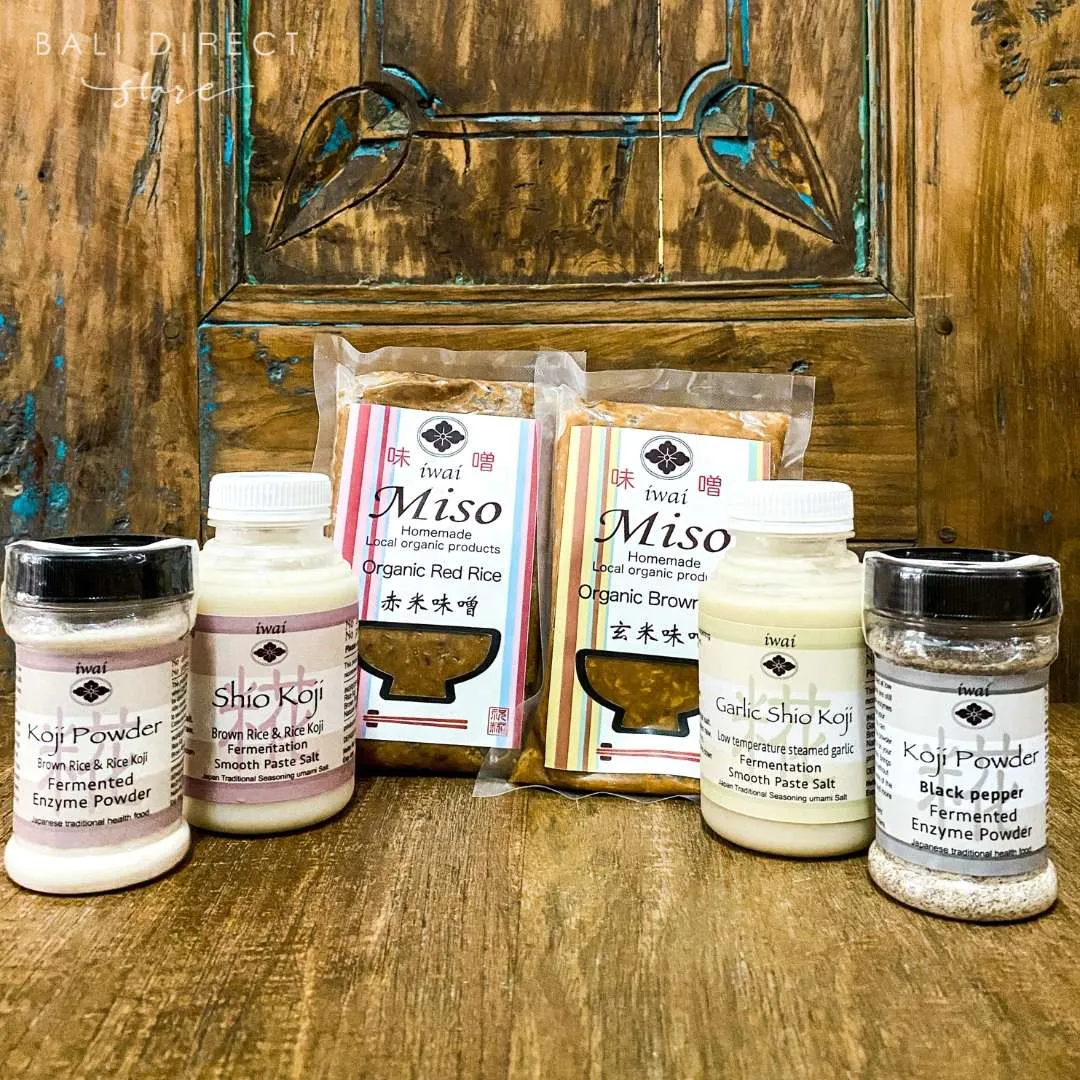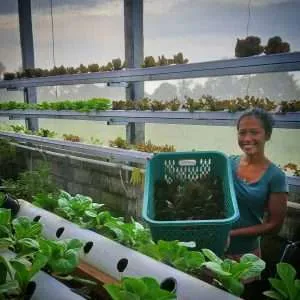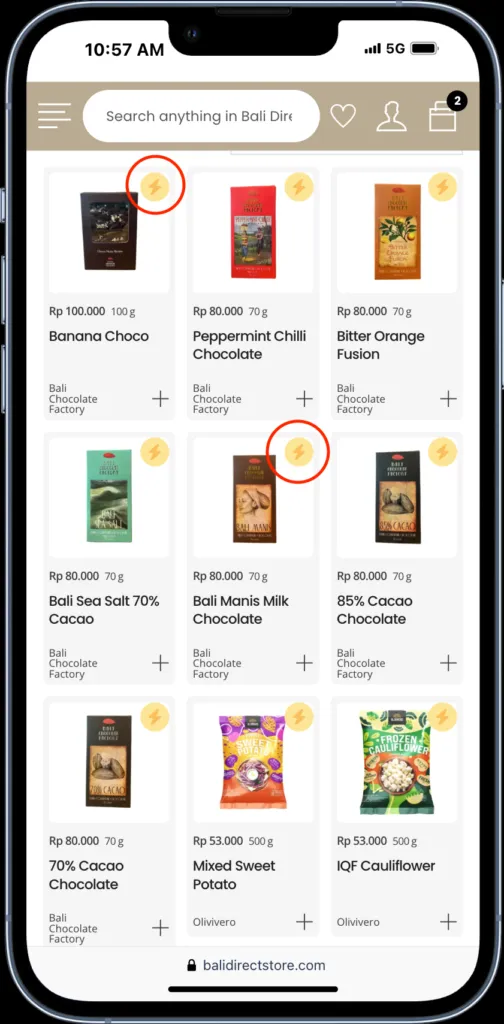Iwai crafts the best-tasting, nutrition-rich Japanese condiments from purely local and organic Indonesian ingredients. Iwai is traditional in process, modern in style, and versatile across all types of cuisine.
Meet the Founder
Seiko Takano, born in Fukushima, Japan, has been an artisanal producer of miso and koji since 2011. Her interest i n miso began after the nuclear reactor accident in Fukushima inspired a search for ways she could help relatives struck by the disaster and facing economic hardship as well as strong radioactivity. Seiko Takano traced the treatment protocols of a doctor who promoted miso as a way to cure victims of the Hiroshima atomic bomb during WW2 and resurrected these protocols for relatives and friends in Fukushima.
n miso began after the nuclear reactor accident in Fukushima inspired a search for ways she could help relatives struck by the disaster and facing economic hardship as well as strong radioactivity. Seiko Takano traced the treatment protocols of a doctor who promoted miso as a way to cure victims of the Hiroshima atomic bomb during WW2 and resurrected these protocols for relatives and friends in Fukushima.
Takano’s family originally had a Sake brewery called Iwai – which shut at the end of WW2 – and she adopted this name for her Bali business in miso and koji after her initial trials in 2011. Adapting the miso tastes of her childhood, and learning more about koji, she devoted herself to recreating this Japanese tradition with Balinese ingredients.
Deeply proud of her culinary traditions, and grateful to the Balinese for their warm reception, Tanako, in her own words; I am carrying this honor and emotion with my miso. I am delighted and thankful to be able to help maintain the health of many people under the name of my ancestors.
What is Koji?
Koji refers to steamed grains (rice, barley, or soybean) that have been fermented with filamentous fungi called Aspergillus oryzae or “koji-kin” in Japanese. Containing more than 100 kind of enzymes that makes it one of a kind nourishment, Koji has been an essential part of Japan’s food culture for centuries and many think also a reason for the famous Japanese longevity.
Koji contains enzymes and minerals that turn starch into umami, and break proteins into amino acids and dietary fibre from which oligosaccharides are formed to promote the growth of good intestinal bacteria. In addition, Koji has vitamins B1, B2, B6, niacin, pantothenic acid, inositol, and biotin and the kojic acid contained in Koji has the effect of suppressing the production of melanin, which promotes bright skin and reduces blemishes.
There are so many ways to use Koji:
- Sprinkle on food with your usual meal as a delicious umami seasoning.
- Season meat as it will start to break down the proteins and aid digestion.
- Make Koji Water by putting 1 spoon of Koji in 300 cc of water and leaving it to ferment at room temperature for 6-8 hours. Filter the water from the powder and you have Koji water which can be used for the following purposes:
- As an enzyme supplement – increases good bacteria, strengthens immune function, and is great for your skin.
- As a face scrub – add to your usual face scrub or soap for a brightening effect.
- As an enzyme bath – drop it in your bathwater, it will have a moisturizing and enlivening effect on your body.
Cook with Iwai Miso
Iwai miso will give your cooking amazing umami flavour, it is great in any dish but here is one simple idea to get you started.
Classic, rustic, warming. It’s easy and quick to create, with few mistakes. Despite the traditional recipes shown below, miso can add a deeper flavor to any kind of soup you are making. So let’s be creative!
Material: For 1 serve
Dashi 150ml (soup stock)
1 tbsp miso
1 tbsp tofu
1 tbsp wakame seaweed
Step 1
Put your favorite vegetables in the soup stock, and when the vegetables are tender, add tofu and wakame seaweed and turn off the heat just before boiling.
Step 2
Melt the miso little by little.
If you are worried about the grain of Jiuqu, please rub it on the net. When the miso melts, it’s done.
Tips: Miso enzymes are sensitive to heat for a long time, so it is recommended to mix the miso after boiling the dashi stock.






























